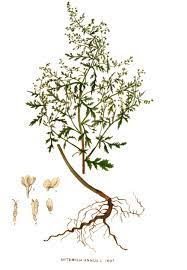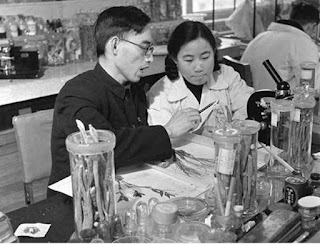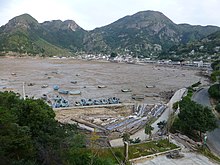Ancient China's Master Pharmacologist - GE Hong
By Ramana Annamraju MedBricks
The controversial Anti Malaria drug "Hydroxychloroquine" took center stage in the past American elections. This is not the first time Anti Malaria drugs played a role in history. There was another period, and it took center stage. The notorious "Fall Of Saigon" during the Vietnam war was attributed to the Anti Malaria drug. Chairman Mao's love for wars and violence is unbounded. He was openly supporting North Vietnamese rebels to take over Saigon, then the capital city of Vietnam. But he encountered a severe setback to his ambitions. That was Malaria. Malaria is a mosquito-borne disease that causes high fevers chills and can lead to death. North Vietnamese rebels, including Mao's troops, fell ill in large numbers. If that continues, China could lose the war.
The only solution left was finding a cure for Malaria. Mao had an aversion towards doctors and scientists. He assigned them to rural villages for hard labor. But on the advice of his Military generals, Chairman Mao reluctantly initiated Project 523 and mobilized the same number of scientists and doctors ( Approx 523) to find a cure for Malaria.
Then Chinese Scientists zeroed on one particular ancient Chinese physician's treatment of intermittent fevers. His name is Ge Hong. He lived in the latter part of the third Century ( 283 AD - 343 AD). In his book, the Chinese medical scholars concluded that Ge Hong referred to intermittent fever, the exact present-day Malaria.
Ge Hong authored several books. Among them is the "Manual of Clinical Practice and Emergency Remedies" (I don't know Chinese terminology for this).In this book, he prescribes treatment for intermittent fevers. It is the extraction liquid from a blue-green plant called "Qinghao."This plant is also referred to as "Sweet WormWood," wildly grown all over China.
Chairman Mao's recruitment for "Project 523" is a brilliant young woman named Tu Youyou. She was neither physician nor a scientist in a western sense. But she mastered Traditional Chinese Medicine (TCM) and its related literature. First, Chinese medical scholars wrongly translated Ge Hong's prescription for Intermittent fevers (Malaria). "Wring out Qinghao" is the original prescription that is the plant leaves are supposed to be treated with lukewarm water for some time and drink the extracted water,. Instead, medical translators believed it was hot tea or boiling water with Qinghao, which turned out to be a big mistake.
Tu Youyou followed Ge Hong's instructions letter to letter and was able to identify the exact process. Tu Youyou identified the compound underneath the "Qinghao" plant. It is called Artemisinin. The lukewarm water treated with Qinghao contained more Artemisinin than boiling water or hot tea.
A small village in Zhejiang Province near Yiwu city goes by Ge Hong village, features Ge Mountain, Ge Peak, and Ge Creek.
www.DailyWearForMedicine.com is releasing a T-shirt honoring the star of the Traditional Chinese Medicine Buy on Amazon
Buy on Amazon Click here or on the shirt
















Comments
Post a Comment